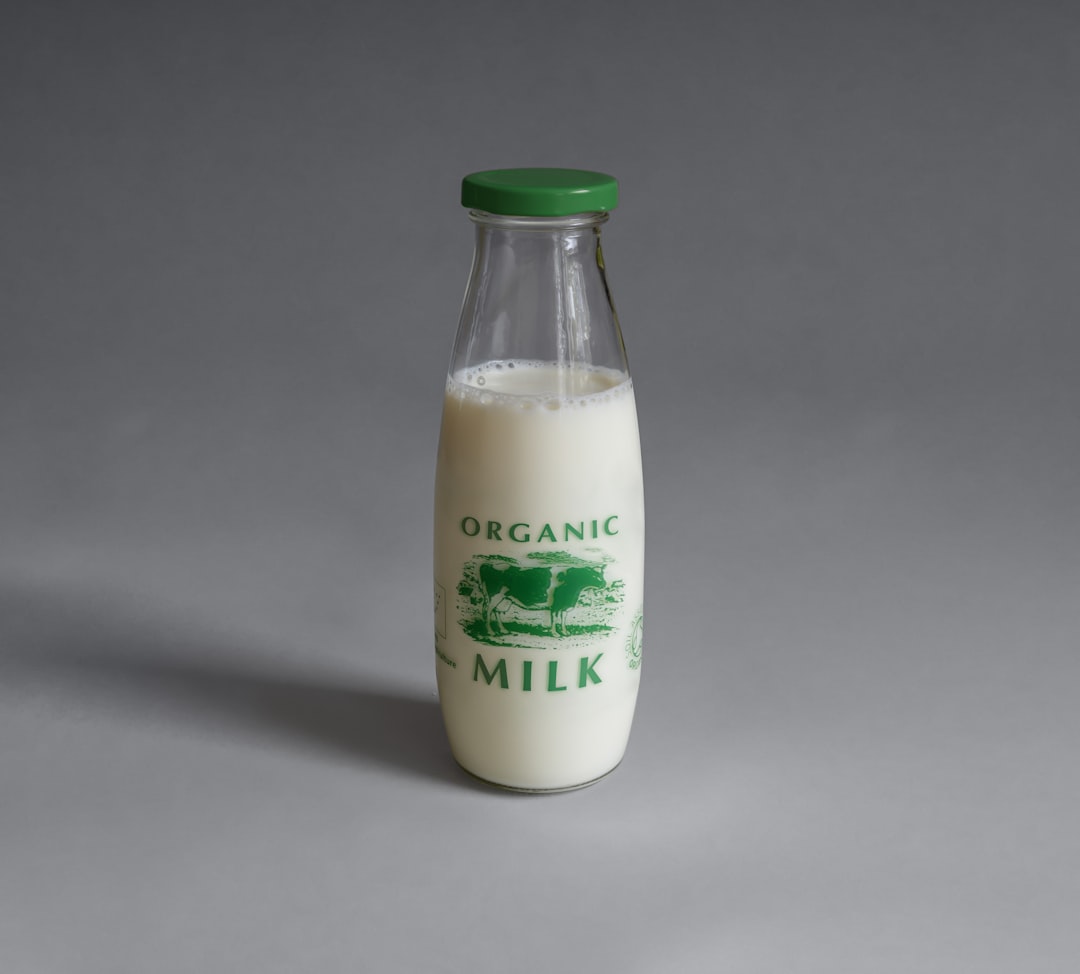Dairy production plays a significant role in global food systems, but it also contributes to environmental challenges such as greenhouse gas emissions and water pollution. Two critical areas for reducing the environmental footprint of dairy farming are methane mitigation and effective manure management. Here’s a comprehensive overview of strategies and innovations in these areas, highlighting their importance for sustainable dairy production.
Methane Mitigation Strategies
Methane emissions from dairy farming primarily come from enteric fermentation in cows and manure management. Several strategies are being explored to reduce these emissions:
-
Dietary Additives
-
Red Seaweed and 3-NOP: These additives have shown significant potential in reducing methane emissions. Red seaweed can decrease emissions by 30–50%, while 3-NOP is nearing commercial availability for methane mitigation.
-
Supplemental Fats: Adding fats to dairy cow diets can also lead to substantial reductions in methane production.
-
-
Direct-Fed Microbials (Probiotics)
-
These beneficial bacteria modify the rumen microbiome, increasing digestion efficiency and reducing methane emissions.
-
-
Combination Approaches
-
Implementing multiple strategies together can achieve greater overall reductions in methane emissions. For example, combining dietary additives with optimized feeding practices can lead to substantial emissions cuts.
-
Manure Management Innovations
Effective manure management is crucial for minimizing environmental impacts:
-
Manure as a Resource
-
Dairy farmers view manure as a valuable resource rather than waste. It can be used for composting, fertilizing fields, or generating renewable energy through methane digesters.
-
-
Composting and Bedding
-
Solid manure can be composted and used as bedding for cows, reducing waste and the need for external bedding materials.
-
-
Methane Digesters
-
These systems convert manure into clean, renewable electricity, providing energy for the farm and surrounding communities.
-
Benefits of Sustainable Practices
Implementing methane mitigation and effective manure management strategies offers several benefits:
-
Environmental Sustainability
-
Reduces greenhouse gas emissions, contributing to climate change mitigation efforts.
-
Minimizes water pollution by preventing manure runoff into waterways.
-
-
Economic Advantages
-
Generates additional income through the sale of renewable energy or organic fertilizers.
-
Enhances farm efficiency by optimizing resource use and reducing waste.
-
-
Social Responsibility
-
Aligns with consumer expectations for sustainable food production, enhancing the dairy industry’s reputation.
-
Supports local communities by providing clean energy and reducing environmental impacts.
-
Challenges and Future Directions
While significant progress has been made, challenges remain:
-
Cost and Accessibility
-
Implementing advanced technologies like methane digesters can be costly, limiting accessibility for smaller farms.
-
Continued innovation and cost reduction are needed to make these solutions more widely available.
-
-
Research and Development
-
Further research is required to optimize methane reduction strategies and improve manure management practices.
-
Collaboration between farmers, researchers, and policymakers is essential for developing effective, scalable solutions.
-
Conclusion
Reducing the environmental footprint of dairy production requires a multifaceted approach that includes methane mitigation and effective manure management. By adopting innovative strategies and technologies, dairy farmers can significantly decrease their environmental impact while maintaining productivity and profitability. As the dairy industry continues to evolve, embracing sustainability will be crucial for its long-term viability and social acceptance.
Additional Resources
For more detailed information on methane mitigation and manure management strategies in dairy farming, consider the following resources:
-
Sustainability Guides: Consult guides from organizations like the U.S. Dairy Association for insights into sustainable dairy practices.
-
Methane Reduction Technologies: Explore research on emerging technologies and additives for methane mitigation.
-
Manure Management Systems: Review articles highlighting best practices in manure handling and utilization.
Citations:
- https://sentientmedia.org/the-dairy-industry-environment/
- https://nutrinews.com/en/strategies-for-reducing-methane-emissions-in-dairy-nutrition/
- https://www.americandairy.com/sustainability/manure-management/
- https://www.saiplatform.org/uploads/Library/PPsDairy2009-2.pdf
- https://www.worldwildlife.org/industries/dairy
- https://www.thebullvine.com/news/reducing-methane-emissions-from-dairy-cows-practical-strategies-for-mitigating-rumen-methane-production/
- https://www.dairyglobal.net/industry-and-markets/market-trends/a-look-at-3-manure-management-systems-in-dairy/
- https://www.thecattlesite.com/articles/guide-to-good-dairy-farming-practice-environment
- https://www.usdairy.com/sustainability/environmental-sustainability
- https://www.usdairy.com/news-articles/farmers-reducing-methane-gas-from-cows
- https://pmc.ncbi.nlm.nih.gov/articles/PMC9165779/
- https://www.rase.org.uk/news/a-five-pronged-approach-to-sustainable-dairy-production/

Comments
No comments yet. Be the first to comment!
You must be logged in to comment. Login